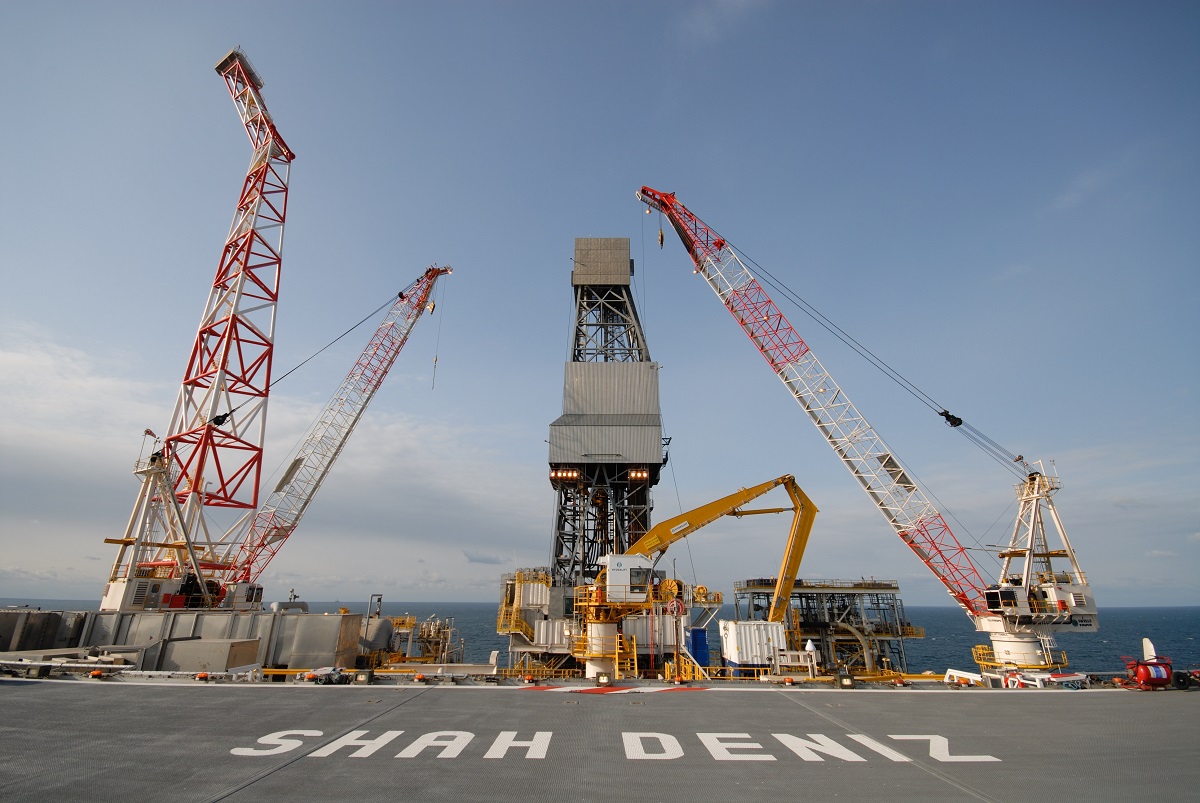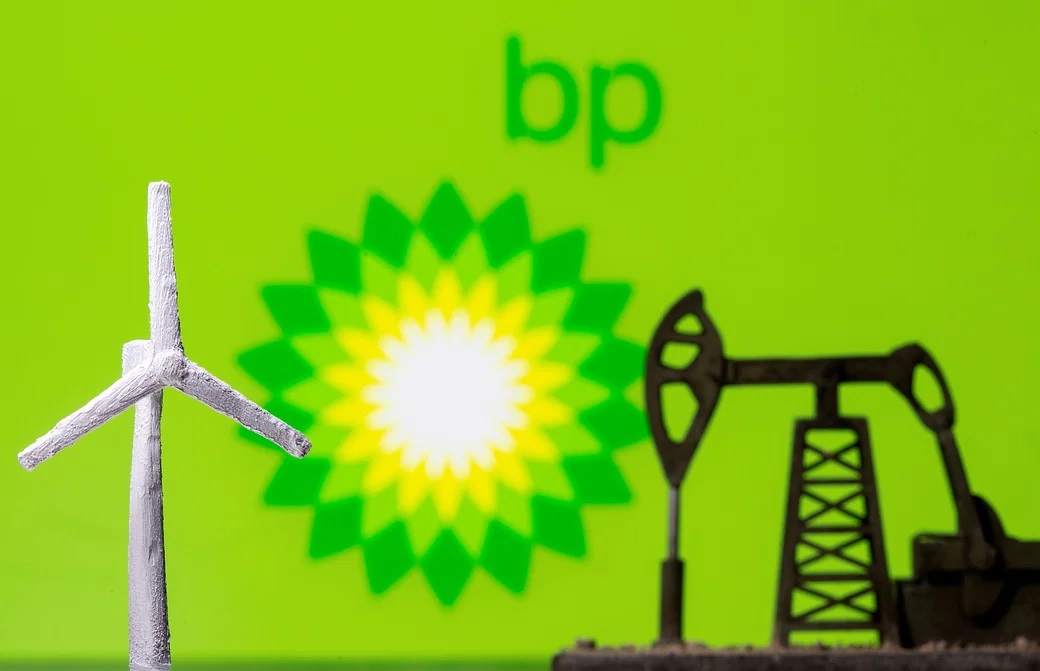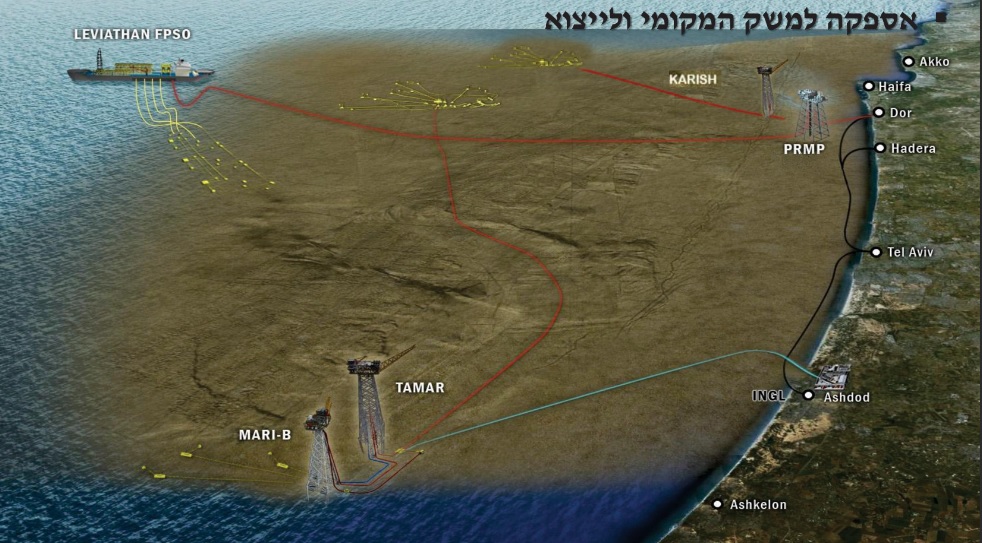BP is understood to be contemplating a radical reduction of its estate portfolio as it moves towards more remote working in the wake of the Covid-19 pandemic.
The oil company could nearly halve its property portfolio in some locations, by shifting about 50,000 employees towards flexible working.
In half-year results released last week, the company reported a redesign of its organisation to become “leaner, faster moving and lower cost” including cutting about 10,000 jobs. It expects to make a significant contribution to the planned $2.5 billion reduction in annual cash costs by the end of 2021, relative to 2019. It anticipates realising restructuring costs of around $1.5 billion this year.
A major review by the company’s senior leaders also includes embracing digital working.
A senior BP executive told the Guardian that a workspace review has considered an exit from up to three-quarters of BP’s existing offices in some countries in favour of smaller and more flexible workspaces.
BP has 70,000 employees working in 79 countries. The company announced plans earlier this year to cut its workforce by 15 per cent by the end of the year – about 10,000 mostly office-based roles.
The cull will shrink the number of office-based employees by a quarter, and the remaining office-based staff will be asked to take on a hybrid working arrangement – a mix of working from home and office-based hot-desking.
BP’s plans are part of a fast-track modernisation plan under CEO Bernard Looney, who took over the post in February with a promise to make BP a “net-zero carbon” company by 2050.


















